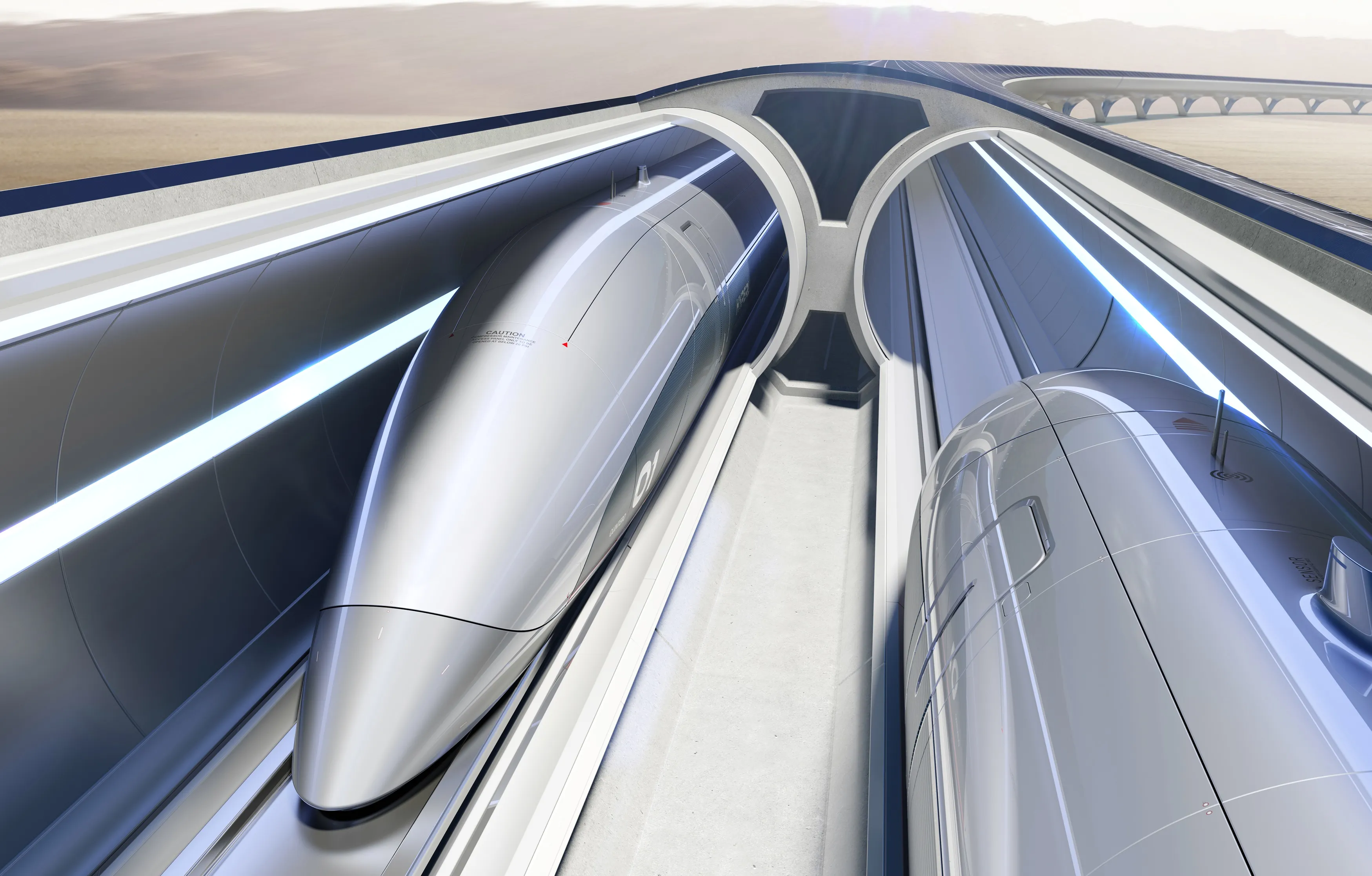Dutch construction company Ballast Nedam is to supply Swedish public transport organisation Trafikförvaltningen Stockholm (TF) with a train de-icing system to improve winter train services in the country.
The system is based on Ballast Nedam’s existing fully automated de-icing system which sprays the entire train with warm water system, redesigned to TF’s train specifications. The amount of water is adapted for each set of wheels depending on the degree of ice build-up. This ensures that the ice, which p
September 13, 2013
Read time: 2 mins
Dutch construction company 7483 Ballast Nedam is to supply Swedish public transport organisation Trafikförvaltningen Stockholm (TF) with a train de-icing system to improve winter train services in the country.
The system is based on Ballast Nedam’s existing fully automated de-icing system which sprays the entire train with warm water system, redesigned to TF’s train specifications. The amount of water is adapted for each set of wheels depending on the degree of ice build-up. This ensures that the ice, which primarily accumulates on the underside of the train and around the wheels, will melt away quickly and evenly.
Ballast Nedam will be responsible for the maintenance of the de-icing system for at least two years after delivery. The company’s Swedish partner, AWI Maskin, will carry out the installation, as well as service and maintenance work on location.
The project will be ready for delivery in December 2013.
The system is based on Ballast Nedam’s existing fully automated de-icing system which sprays the entire train with warm water system, redesigned to TF’s train specifications. The amount of water is adapted for each set of wheels depending on the degree of ice build-up. This ensures that the ice, which primarily accumulates on the underside of the train and around the wheels, will melt away quickly and evenly.
Ballast Nedam will be responsible for the maintenance of the de-icing system for at least two years after delivery. The company’s Swedish partner, AWI Maskin, will carry out the installation, as well as service and maintenance work on location.
The project will be ready for delivery in December 2013.








